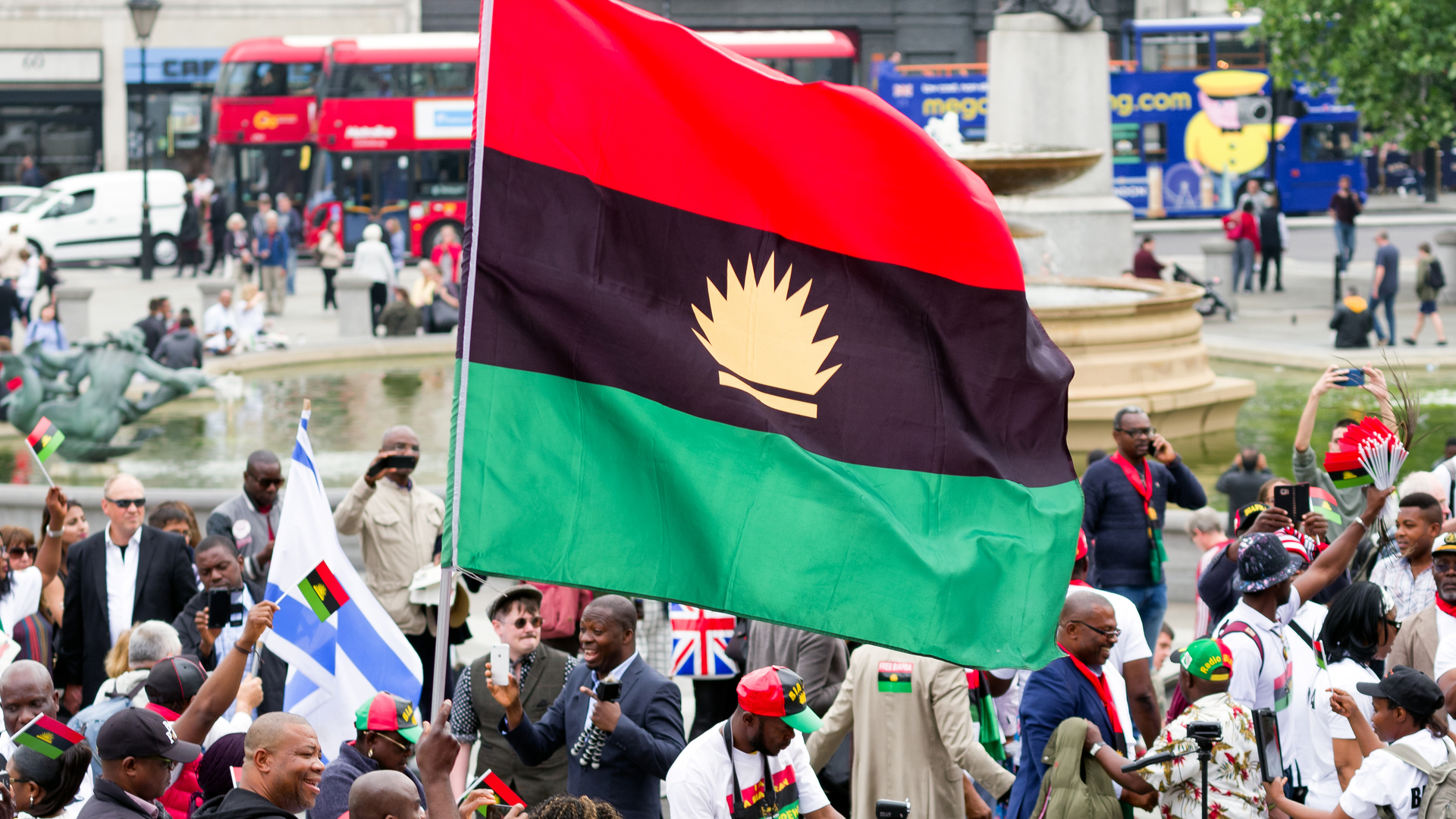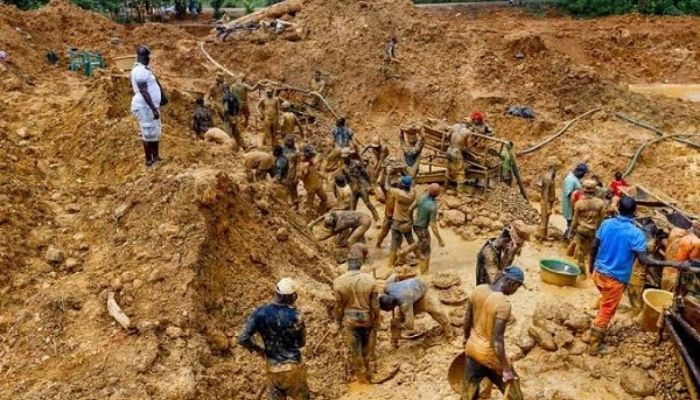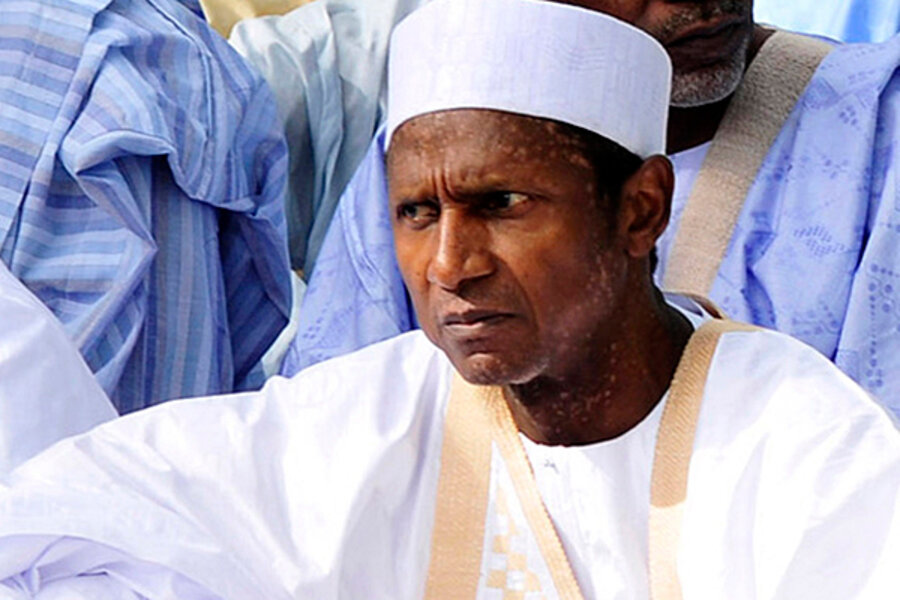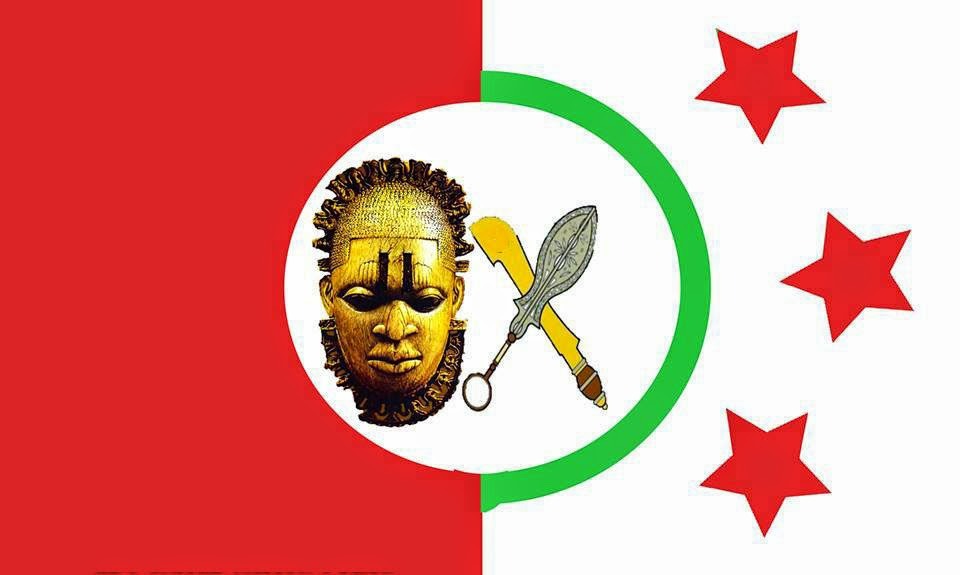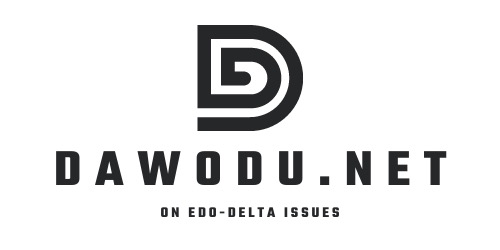A consensus is building within Nigeria that in order to provide enough or greatest amount of time to resolve the problems that might arise from the 2007 elections before inauguration on May 29, 2007, all the primary general elections should be held within the time frame of one week, including using week-days. Even INEC seems to be getting the message. Consequently, as discussed more extensively in my earlier essay "Recommending Dates and Ballot System for the 2007 Nigerian Elections", [see see http://www.gamji.com/aluko/aluko169.htm or http://www.dawodu.com/aluko134.htm], in order to:
(i) avoid the bandwagon effect of holding the presidential elections before other elections;
(ii) avoid holding all the elections on one day, which at this time might be administratively complex both for INEC and voters;
(iii) avoid running into Christian Easter festivities that will occur from Thursday- Monday of April 5-9, 2007;
(iv) avoid Mondays in general (first day of work, return from week-end trips, etc.);
(v) allow for two presidential and gubernatorial run-off elections within a constitutionally-mandated period of seven days of inconclusive elections;
(vi) enable the greatest length of time between the conclusion of all elections (including two run-offs for executive positions country-wide),
it is clear that INEC almost has no choice but to hold the 2007 Elections as follows:
- gubernatorial, state assemblies and FCT area councils: Tuesday April 3, 2007;
- presidential, Senate and House: Wednesday, April 4, 2007;
- Run-off # 1 (Presidential and Gubernatorial): Tuesday April 10, 2007;
- Run-off # 2 (Presidential and Gubernatorial): Tuesday, April 17, 2007 (less preferably: Saturday April 14).
To this effect, the federal government will be obliged to:
1. Declare Tuesday April 3 and Wednesday April 4, 2007, as National Public Election Holiday(s).
2. Declare Tuesday April 10 (or later Tuesday April 17) to be national public holiday(s) ONLY if presidential run-offs are held on those days due to an inconclusive earlier presidential election.
3. Whenever there is no need for a presidential run-off, declare Tuesday April 10 (or later Tuesday April 17) to be state public holiday(s) ONLY in those states that Gubernatorial run-offs have been found to be necessary due to an inconclusive earlier gubernatorial election.
Finally,
1. presidential assent to the Electoral Law 2006 should be delayed no further;
see
http://www.nigerianmuse.com/important_documents/Electoral_Act_2006_Harmonized.doc
2. the quicker thereafter that these election dates are firmly set by INEC, the better so that political parties and civil society can start to monitor the Electoral Law-mandated deadlines for various INEC activities like voter registration, polling station delineations, voter register publication, announcement, publication and replacement of candidates, etc.
3. INEC should fully clarify its own understanding of the open-secret ballot system specified by Electoral Law 2006, to be sure that it is the same as the secret modified open ballot system of June 12, 1993 that is meant by all, and not some caricature of it.
4. on a long-term basis, if May 29 remains the traditional hand-over date, and if sixty days before that date remains the outer deadline for holding elections, then henceforth the last week in March through first week in April each year should be considered election week in Nigeria and so fixed for future predictability of elections. Alternatively, we should seek, by constitutional amendment, to:
(i) change the deadline to ninety days, in which case the last week in February/first week in April each year will be election week;
(ii) reduce the number of executive election run-offs from two to one - two run-offs increase the election period unnecessarily and could lead to election fatigue.
Onward to free and fair elections in 2007 !




